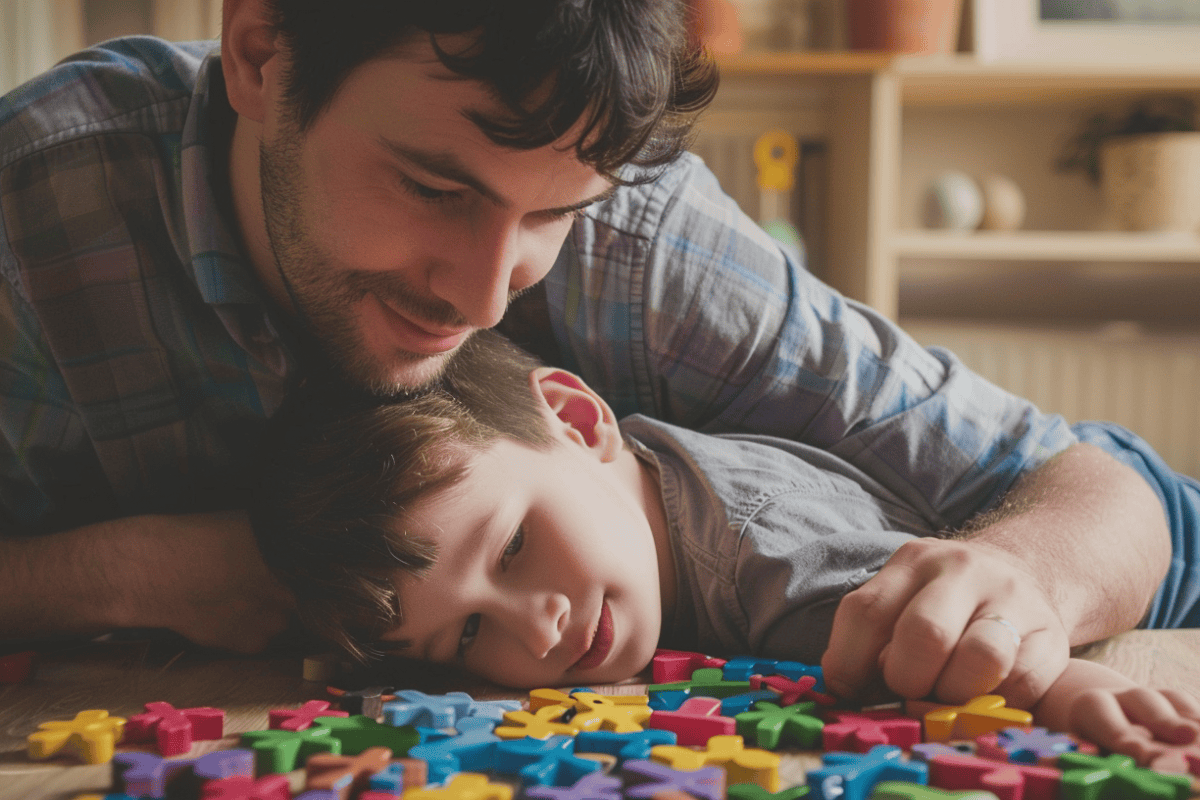As you get older, you can expect your healthcare provider to recommend receiving a hearing test. Annual hearing tests are good to schedule as they can give you the reassurance that your hearing and general health are intact. Much like visiting any healthcare professional for testing, anxiety and sudden trepidations about the visit will begin to formulate before attending the appointment. Everyday stressors that frequent the minds of those waiting to do their hearing tests can include the dreaded results, whether or not you’ll need hearing aids in the near future and the cost of the test.
Find out everything you need to know before a scheduled hearing test appointment, why you need it, what the test will involve, and how much it can cost.
Should you get a hearing test?
Experts recommend getting a hearing test done every ten years until you turn 50, and after that, the test should be scheduled every three years. Besides getting these tests done for obligation, any signs of hearing problems should result in scheduling an appointment with your hearing doctor. Hearing loss tends to happen gradually and can accelerate when you’re over the age of 50, but if you work around loud noises, have an infection, or if hearing loss runs in the family, signs of hearing loss can become more observable. Whatever your situation may be, when you begin to feel something is off with your hearing, call your healthcare provider as soon as you can to get it checked out.
What a hearing test entails
When you first go to your hearing test, a hearing care provider will ask you a series of questions pertaining to your noticeable symptoms, such as:
- Are you exposed to loud noises at home or work?
- Why do you believe your hearing might be deteriorating?
- Have any of your family members sustained hearing loss in the past?
- Are you taking any medications that could impair your hearing?
After you answer the questions as precisely as possible and are assessed, a hearing test will typically take place in a soundproof room. With headphones on, sounds of assorted frequencies will be heard that range from 125 to 8000 Hertz–very low and very high sounds. These sounds will be played individually in your ears, where you’ll be asked to indicate when you hear the first sound. This painless test should decipher whether or not your right or left ear has sustained hearing loss. The test can also require you to listen to a series of voices within the same soundproof room and will subsequently be asked to repeat what words you heard to further determine the extent of your hearing. In total, the hearing test should take about 30 minutes.
Preparing and what to bring
Although it can be challenging to remain calm before any appointment, much less one that involves a test of sorts, reducing any anxieties that you feel can help you prepare for the hearing test. Because an overwhelming amount of nerves can negatively affect your test results that are based on responsiveness, you should give yourself time to arrive at the appointment early and come with a loved one to quell any worries.
To best prepare for the assessment and test, bring a list containing the symptoms you have experienced and indicate whether or not your loved ones have noticed changes. Have a record of your medical history on hand if any of it might relate to why you’re experiencing hearing loss, and be aware of your own family history regarding hearing loss. And finally, create a list of prior experiences, like concerts or employment, that could have contributed to hearing loss.
Cost
Because some government health plans do not include tests such as eye and hearing, you will have to pay to get these tests completed unless you have an insurance plan to cover them. An initial hearing test will cost $65, but the cost will increase to $90 if hearing aids are needed afterward. The initial hearing test can be free of charge for anyone over 55 years of age, but this only applies in certain areas. Repeat hearing tests will cost the same amount as the initial hearing test, but those over 55 years of age will have to pay for the repeat test. Children’s hearing assessment, typically 30 minutes at most, will generally cost $65.
This is a sponsored post
Digital Health Buzz!
Digital Health Buzz! aims to be the destination of choice when it comes to what’s happening in the digital health world. We are not about news and views, but informative articles and thoughts to apply in your business.


